Blog
Unlocking Excellence: Quality at the Core
-
Cost of Poor Quality in QMS: Understanding, Measuring, and Reducing Hidden Quality Failures
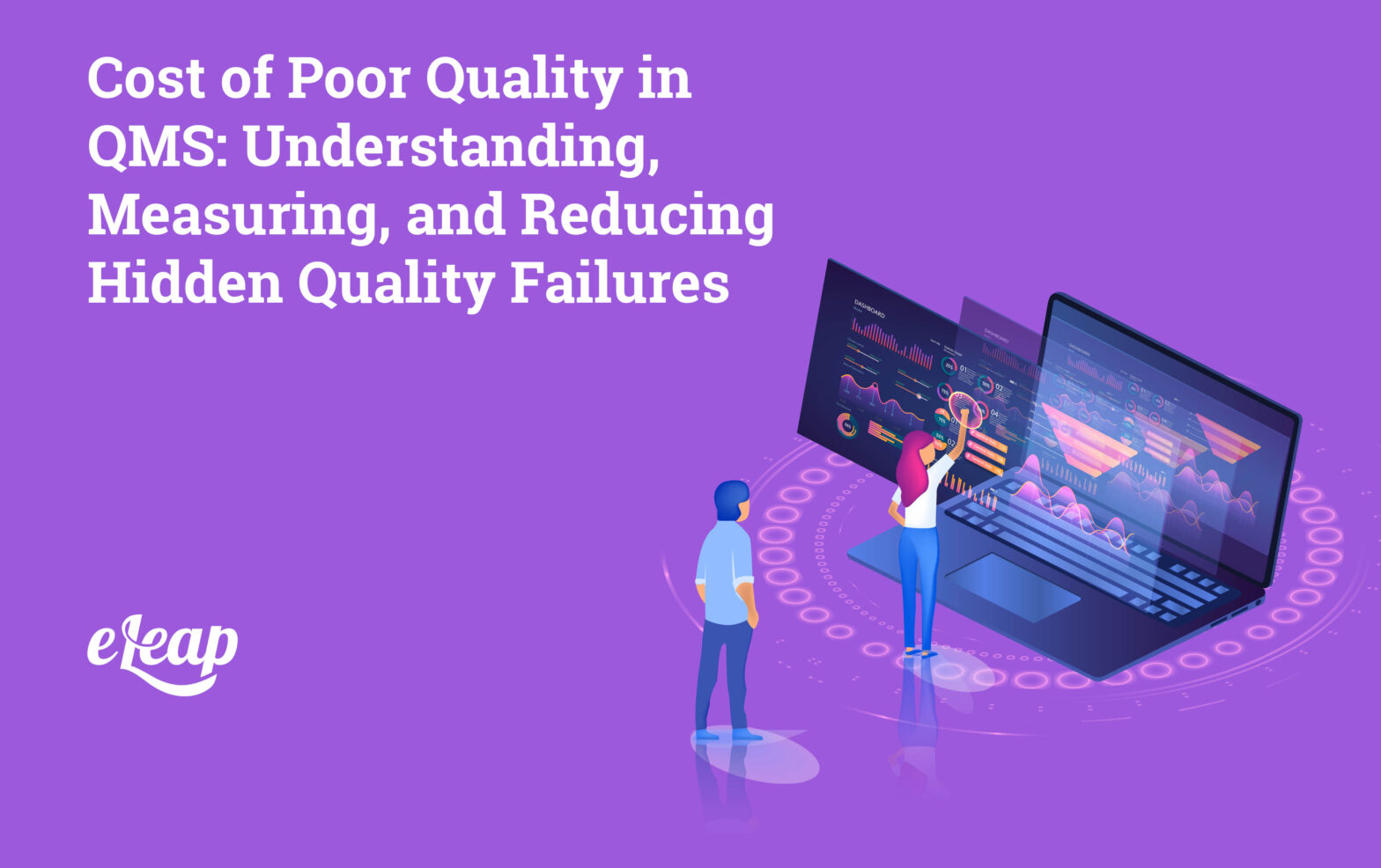
The Cost of Poor Quality represents one of the most underestimated yet financially damaging aspects of organizational performance. Within any quality management system, COPQ is silent—accumulating daily through margins silently eroded by quality failures that organizations neither fully track nor truly understand. Many leadership teams focus intensely on revenue growth while remaining largely ignorant of […]
-
GMP Full Form Explained: What Good Manufacturing Practice Means in Quality Management Systems
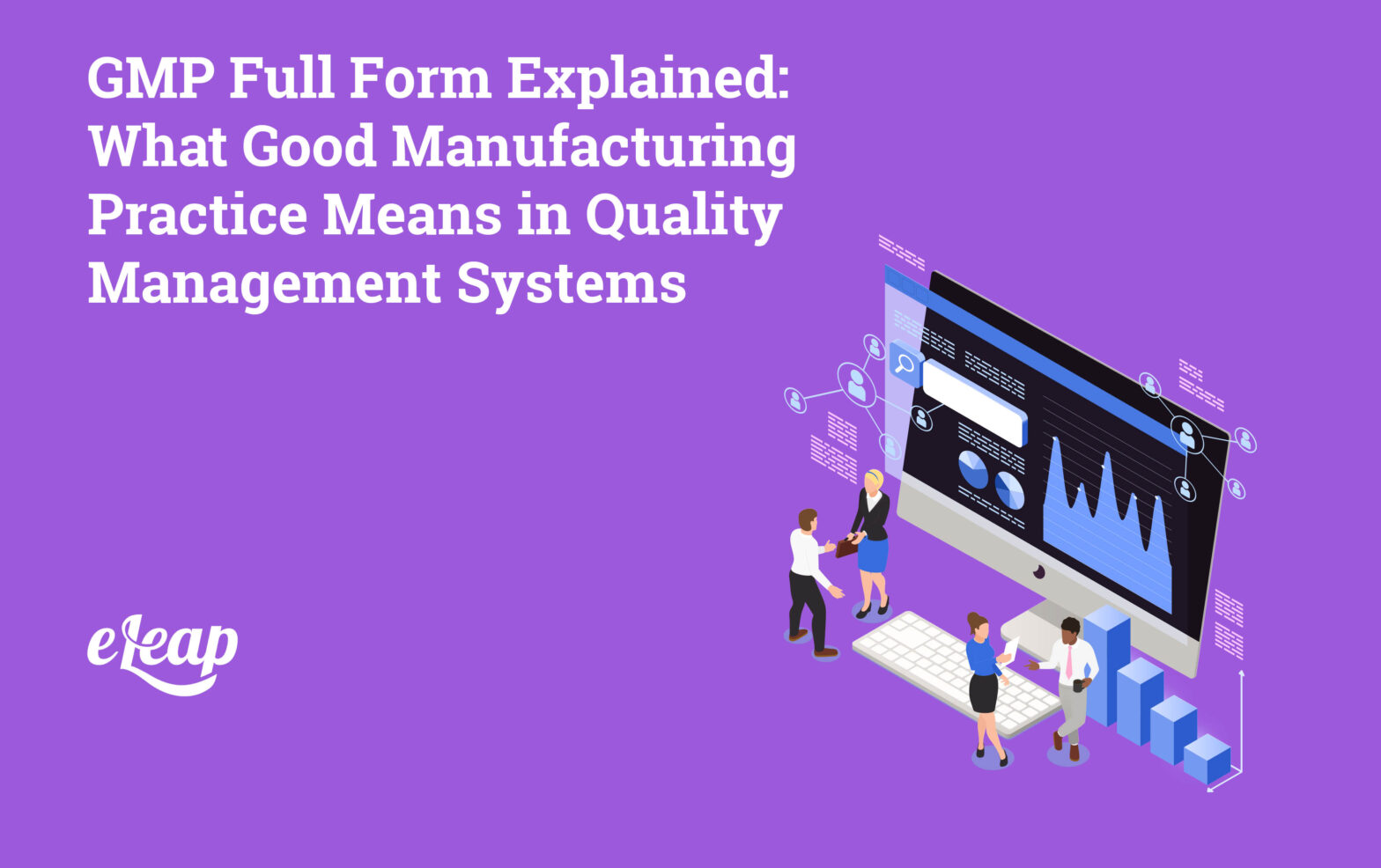
The GMP full form is Good Manufacturing Practice, a globally recognized framework designed to ensure that products are consistently produced and controlled according to defined quality standards. Within regulated industries, GMP represents far more than a guideline it functions as a critical operational requirement that directly influences product safety, quality, and compliance. When integrated into […]
-
Pharma Consulting Firms: How Expert QMS Guidance Drives Compliance, Efficiency, and Growth
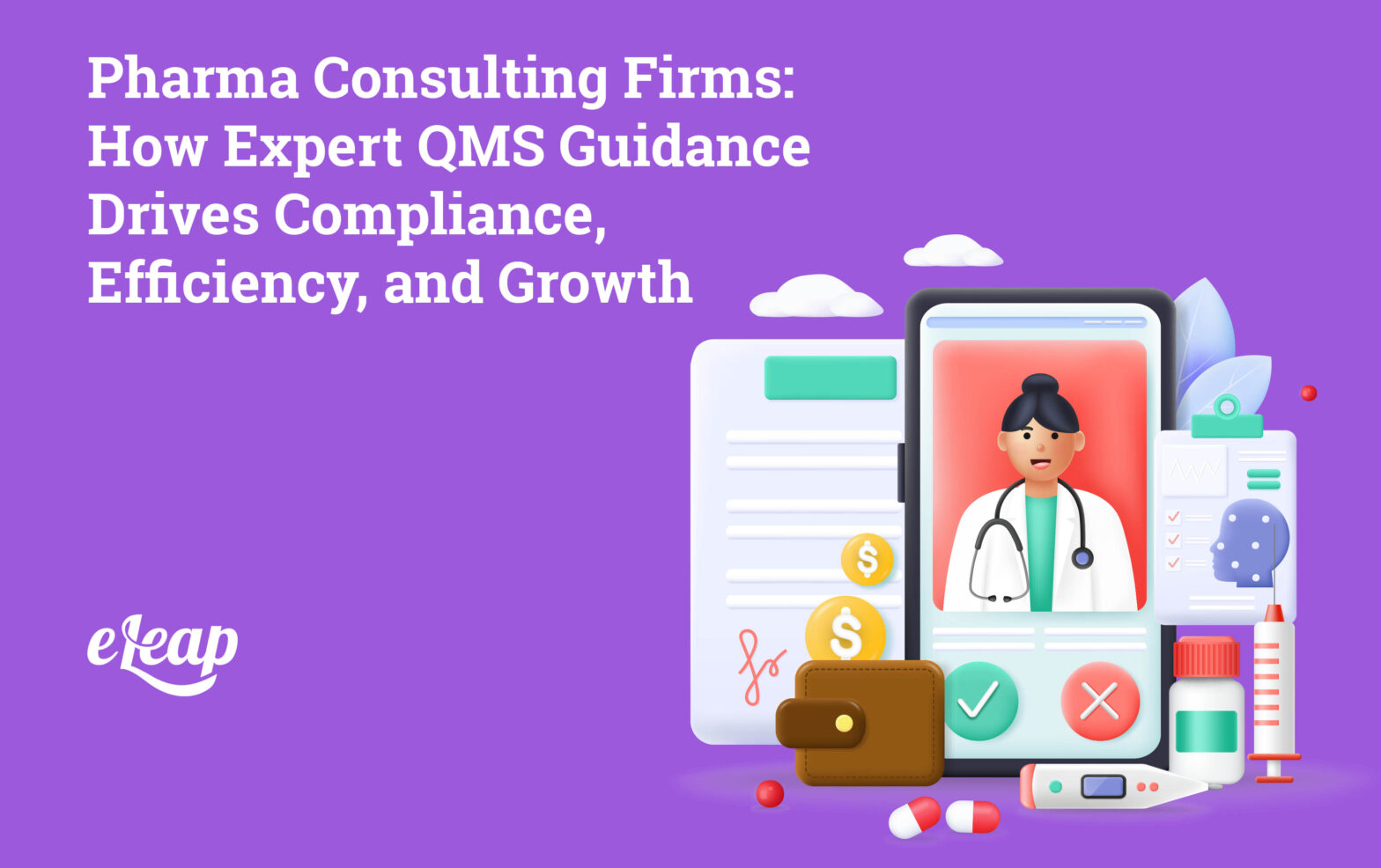
The pharmaceutical industry operates in an environment of relentless regulatory scrutiny. Every product must meet stringent FDA requirements, Good Manufacturing Practice (GMP) standards, and global compliance requirements that extend across manufacturing, distribution, and storage. Quality Management Systems (QMS) are no longer optional they are a strategic necessity that ensures patient safety, regulatory compliance, and operational […]
-
QA and QC Difference in Quality Management Systems (QMS): A Complete Guide
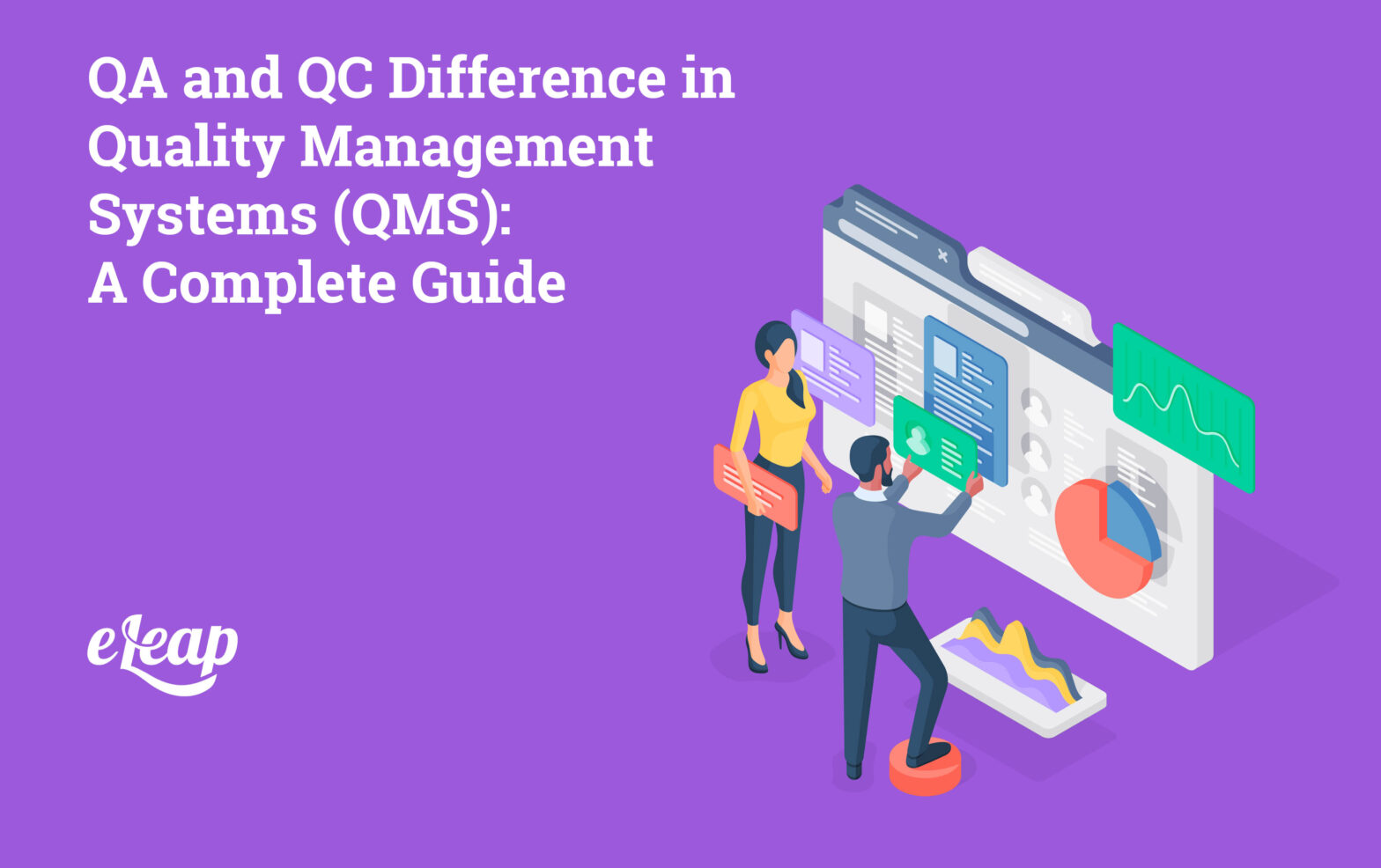
Quality Management Systems (QMS) are built on a fundamental principle: ensuring organizations consistently meet customer expectations, regulatory requirements, and internal quality objectives. Within this framework, two essential but frequently misunderstood concepts—Quality Assurance (QA) and Quality Control (QC)—operate at different strategic and operational levels. Confusing these functions leads to inefficient processes, compliance gaps, and costly overreliance […]
-
AI in the Pharmaceutical Industry: How Artificial Intelligence Is Transforming Quality Management Systems
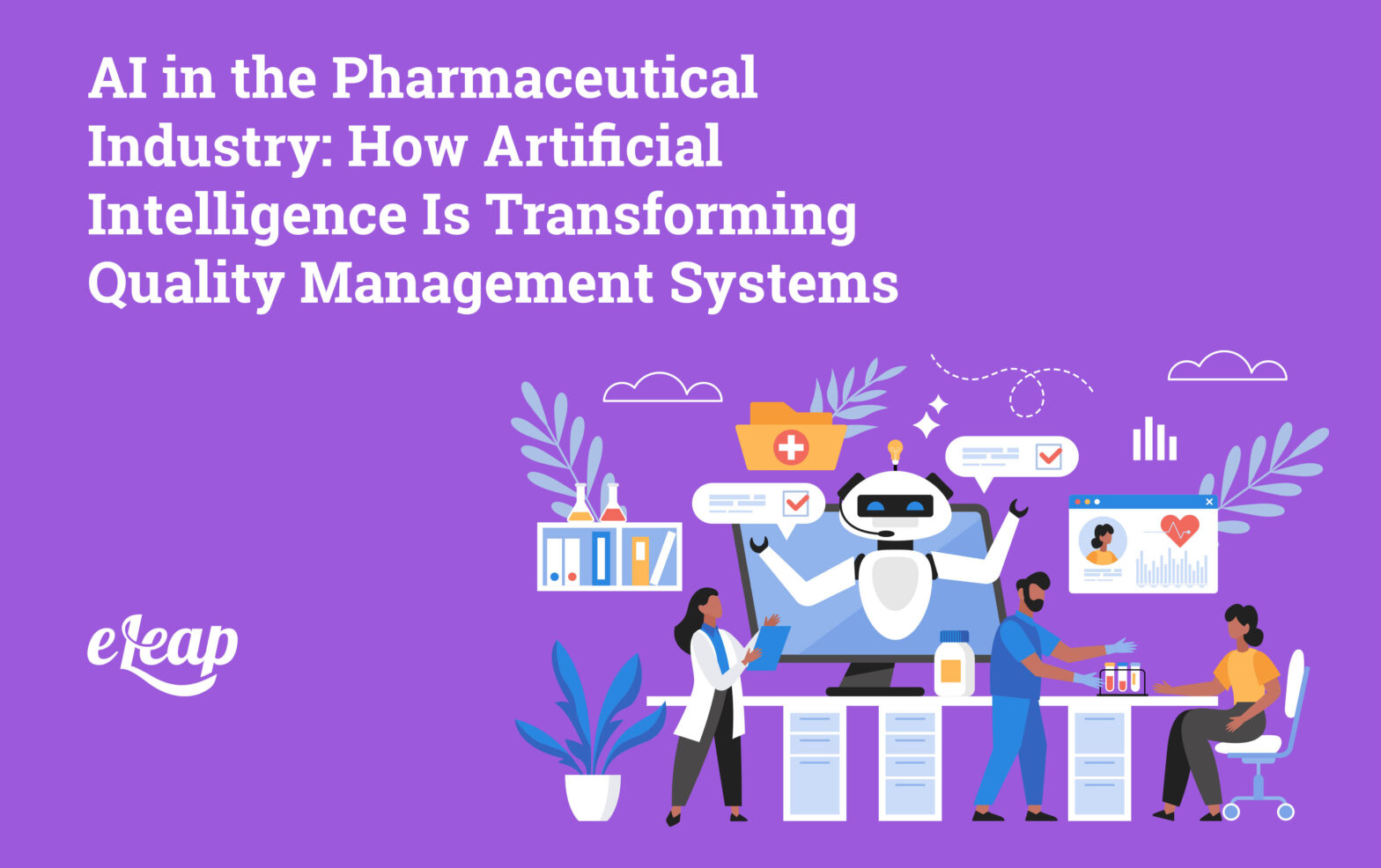
Pharmaceutical quality management exists at a critical inflection point. Strict regulations, increasing global competition, complex manufacturing processes, and rising expectations around quality create operational pressure that traditional Quality Management Systems struggle to address. The regulatory environment demands zero-defect manufacturing, flawless data integrity, and continuous compliance verification requirements that consume enormous resources when managed manually. Quality […]
-
GMP vs cGMP: Understanding the Key Differences and Their Impact on Modern QMS Compliance
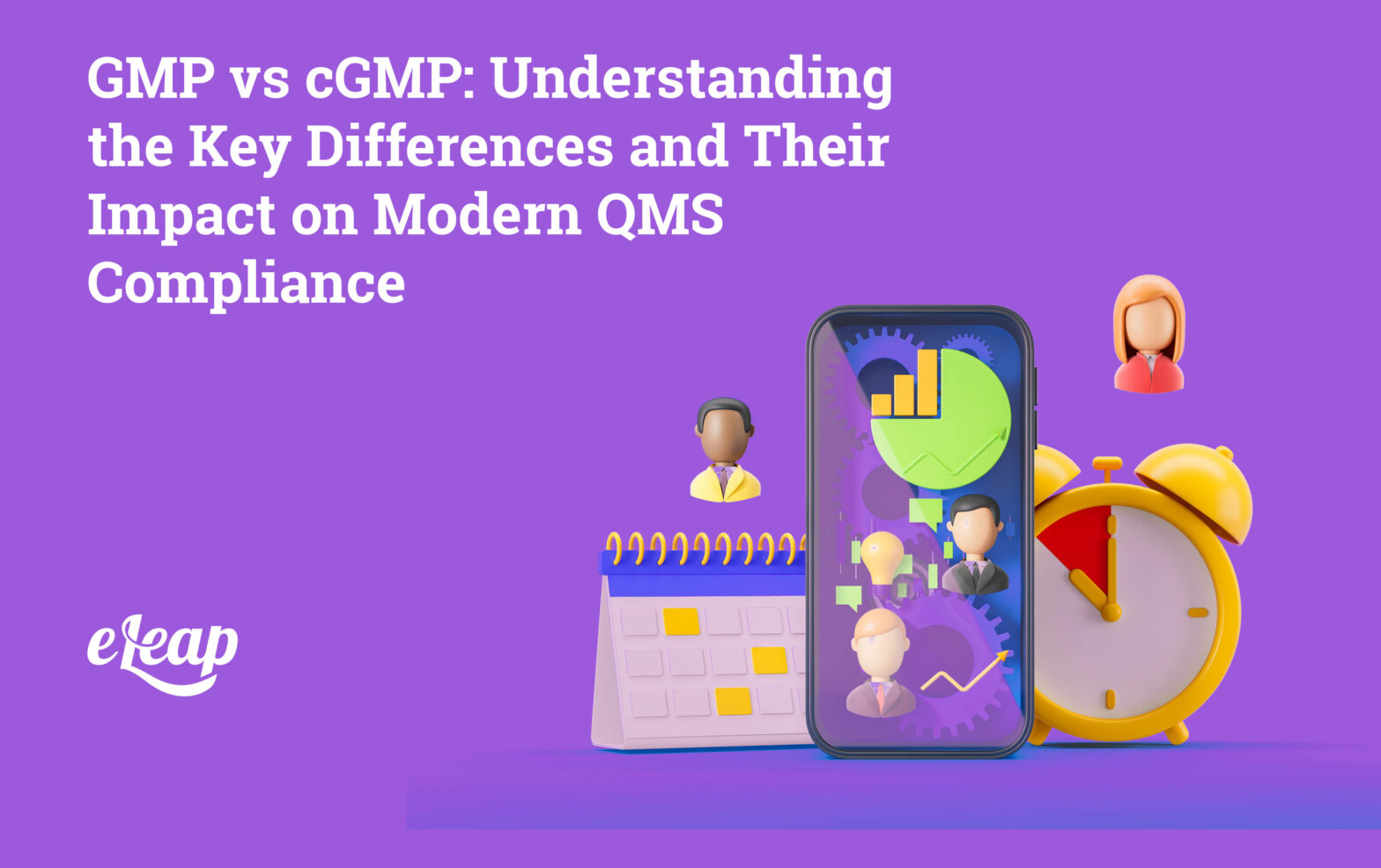
For organizations operating in FDA-regulated industries pharmaceutical manufacturing, medical device production, healthcare GMP facilities, dietary supplements, cosmetics, food products, and contract manufacturers understanding the distinction between GMP (Good Manufacturing Practice) and cGMP (current Good Manufacturing Practice) is essential. These terms are often used interchangeably, yet they represent fundamentally different approaches to quality management and regulatory […]
-
Pharmaceutical Consulting Firms: How QMS Experts Transform Quality, Compliance, and Operational Excellence
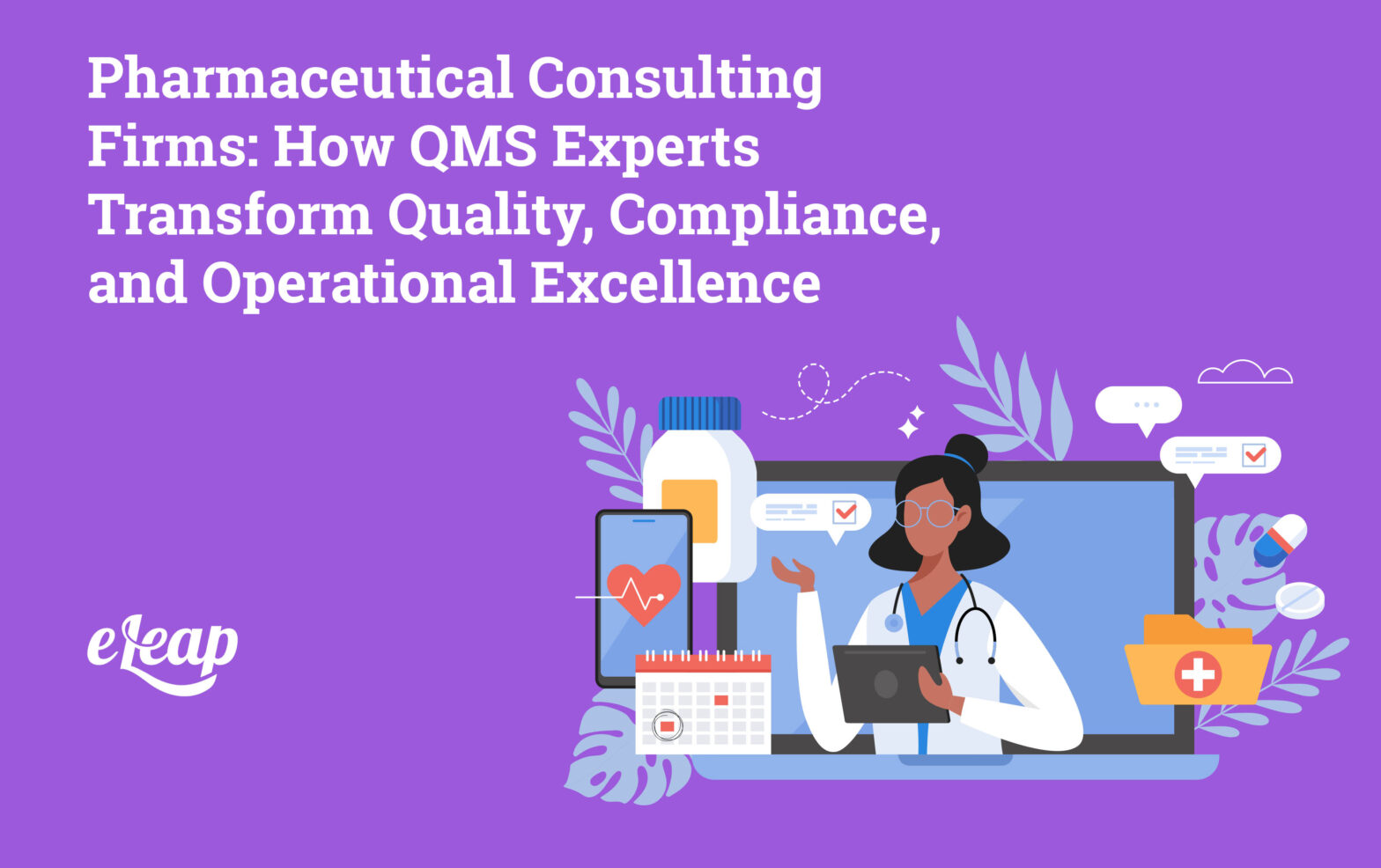
Pharmaceutical consulting firms play an increasingly critical role in helping organizations navigate one of the most complex regulatory landscapes in the world. With constant pressure from global regulators, evolving compliance standards, and heightened expectations around data integrity and product quality, the demand for expert-level Quality Management System (QMS) consulting has skyrocketed. Pharmaceutical operations are expected […]
-
Enterprise-Ready QMS Software: Transforming Quality Management for Modern Enterprises
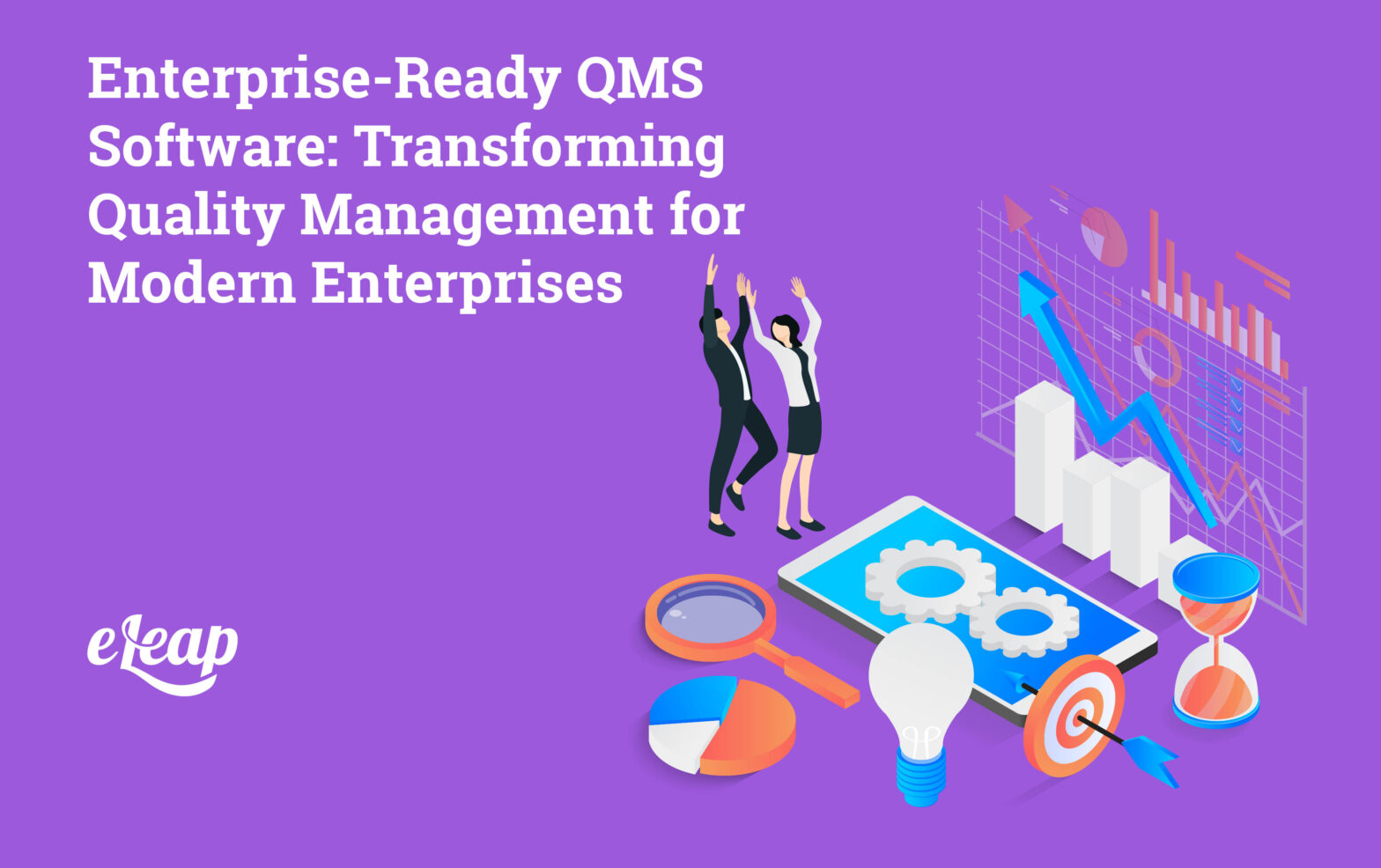
Quality management systems have become a critical infrastructure for organizations operating under FDA regulations, ISO standards, and GMP requirements. Yet many enterprises still patch together disconnected platforms—a QMS from one vendor, learning management from another, performance tracking from a third. This fragmentation creates compliance blind spots, training gaps, and expensive workarounds that drain resources without […]
-
Enterprise LMS for Compliance: Your Guide to 21 CFR Part 11 & Audit-Proof Training
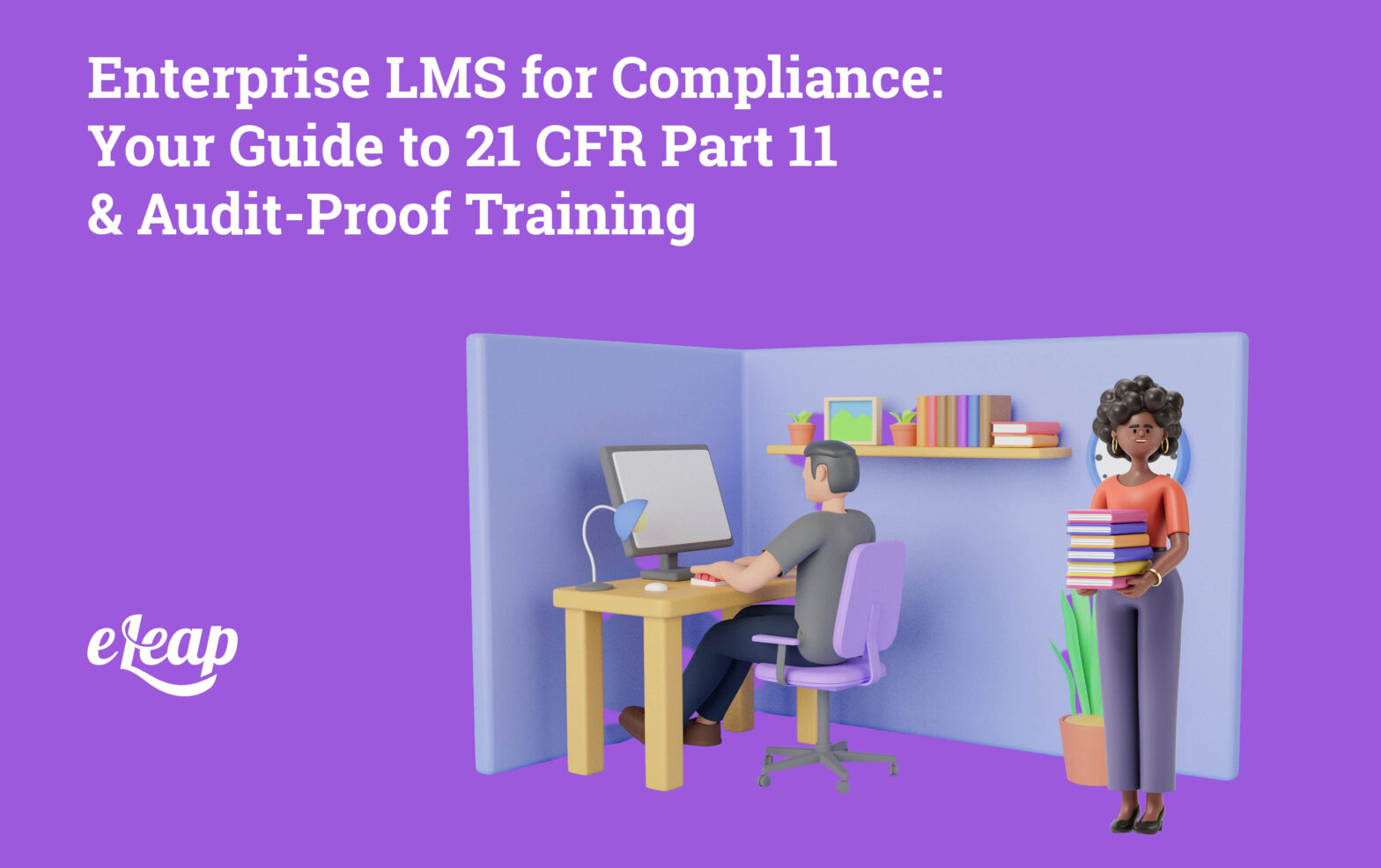
Your quality team maintains meticulous documentation. The GMP processes follow every FDA guideline. Your audit trails are immaculate. But then your auditor asks a simple question: “Can you show me training records that prove your production staff understood that procedural change?” That’s when the problem becomes clear. Your compliance infrastructure has a missing link—and it’s […]
-
Quality Management System Software
Modern Quality Management Systems: From Bureaucratic Burden to Strategic Business Engine
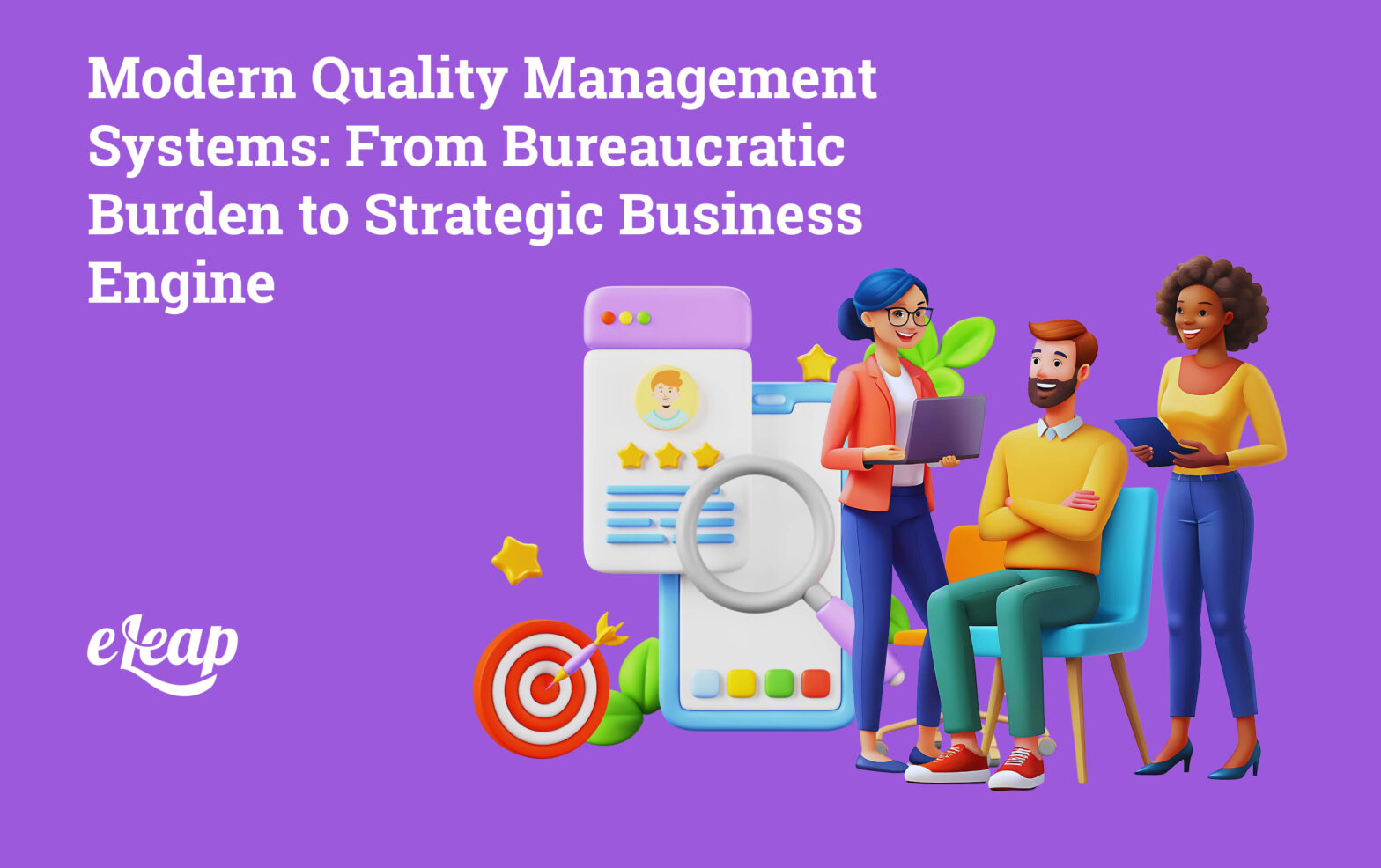
Executive Summary Quality Management Systems (QMS) have undergone a fundamental transformation from paper-based bureaucratic burdens to strategic digital engines that drive business efficiency, ensure compliance, and deliver measurable ROI. According to the 2024 ISO Survey data from IAF CertSearch, there are approximately 1.25 million ISO 9001 certified sites worldwide, with the certification market valued at […]